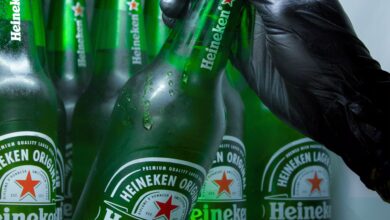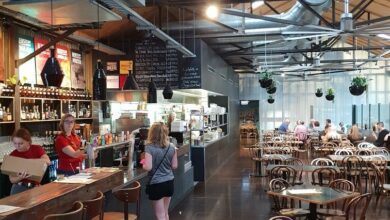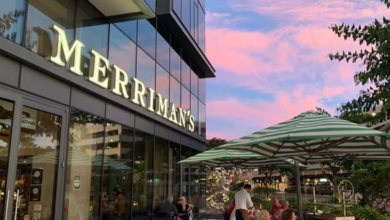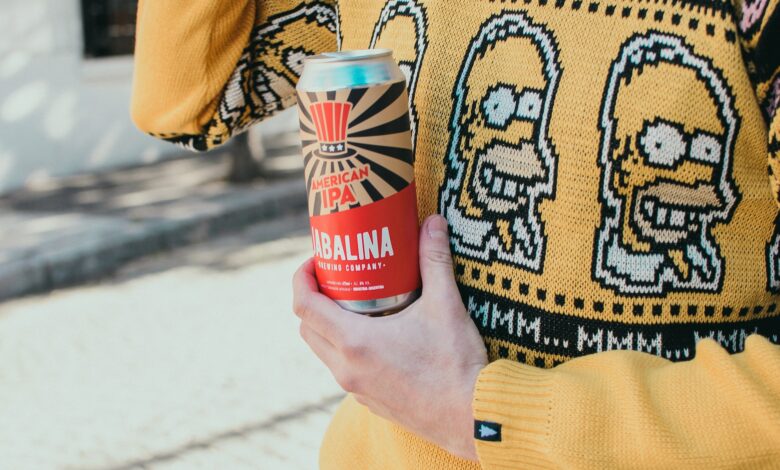
The Rise of Canned Craft Beers: A Global Trend in the Beverage Industry
The Rise of Canned Craft Beers: A Global Trend in the Beverage Industry
Craft beer has come a long way since its humble beginnings in the United States in the 1970s. Today, it is a thriving industry that has gone global, with many countries producing their own unique brews. However, one trend that has emerged in recent years is the increasing popularity of canned craft beers worldwide. In this article, we will explore the reasons behind this trend and its impact on the beverage industry.
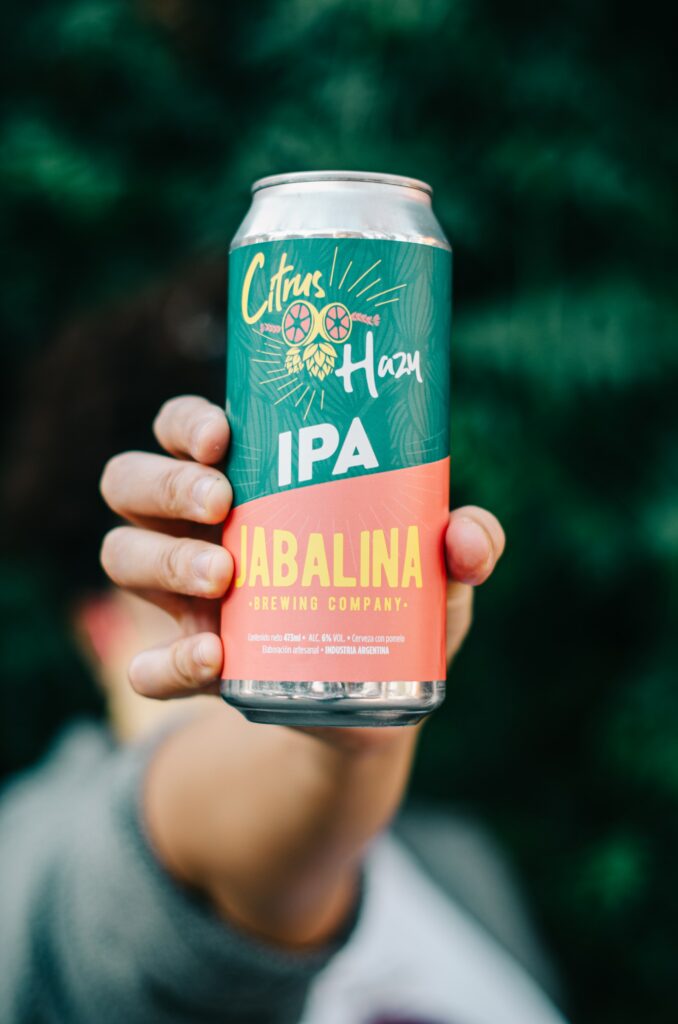
The Benefits of Canned Craft Beers
Traditionally, beer has been bottled in glass, but with the advent of canning technology, breweries are now turning to cans as an alternative packaging option. There are several reasons why canned craft beers are becoming more popular among consumers and brewers alike.
Firstly, cans are more portable and easier to transport than glass bottles. They are lightweight, stackable and take up less space. This makes them ideal for outdoor activities such as camping, hiking and picnicking, as well as for venues where glass is not allowed, such as beaches and public parks.
Secondly, cans provide better protection for the beer than glass bottles. They are impervious to light, which can cause beer to become “skunky” and lose its flavour. Cans also offer a better seal, preventing oxygen from entering and spoiling the beer. This means that canned craft beers can stay fresh for longer than their bottled counterparts.
Finally, cans are more environmentally friendly than glass bottles. They are easier to recycle and have a lower carbon footprint, as they require less energy to produce and transport. This makes them a popular choice among consumers who are concerned about the environment and sustainability.
The Global Trend of Canned Craft Beers
The trend of canned craft beers is not limited to any one country or region. It is a global phenomenon that is being driven by both consumer demand and brewery innovation.
In the United States, canned craft beers have been popular for several years, with many breweries switching to cans as their primary packaging option. This trend has now spread to other countries, including the United Kingdom, Australia, and New Zealand, where canned craft beers are gaining in popularity.
In Japan, canned craft beers have become so popular that they now make up more than half of all craft beer sales. This is due in part to the convenience of cans, as well as the fact that they are seen as a more modern and stylish alternative to traditional bottled beers.
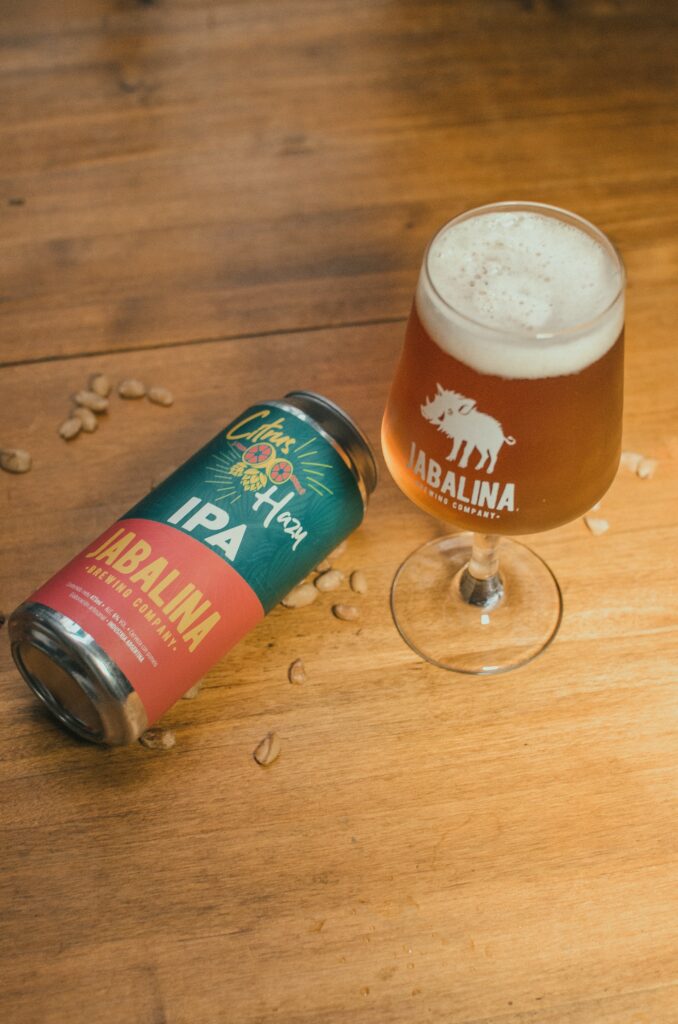
The Rise of Canned Craft Beers: A Global Trend in the Beverage Industry
In Europe, the trend of canned craft beers is still relatively new, but it is rapidly gaining ground. Many breweries are now experimenting with canning their beers, and consumers are responding positively to this new packaging option.
The Impact on the Beverage Industry
The rise of canned craft beers has had a significant impact on the beverage industry. For one, it has led to increased competition among breweries, as more and more producers enter the market with their own unique canned brews.
It has also forced traditional breweries to adapt to changing consumer preferences. Many breweries that were once staunchly opposed to canning their beers are now embracing this new packaging option in order to stay relevant and competitive.
Finally, the trend of canned craft beers has helped to expand the craft beer market by making it more accessible to a wider audience. With their convenient packaging and lower price points, canned craft beers are attracting a new generation of beer drinkers who might not have otherwise tried craft beer.
Conclusion
The trend of canned craft beers is a global phenomenon that shows no signs of slowing down. Driven by consumer demand, brewery innovation, and the many benefits of cans over traditional glass bottles, canned craft beers are changing the face of the beverage industry. As more and more breweries adopt this new packaging option, we can expect to see even more exciting and innovative canned craft beers in the market in the years to come. Whether you are a die-hard craft beer enthusiast or simply looking for a refreshing drink to enjoy on a hot summer day, canned craft beers offer a convenient, delicious and sustainable option that is sure to satisfy your thirst.
In conclusion, the growing popularity of canned craft beers worldwide is a trend that is here to stay. With their many benefits over traditional glass bottles, it is no surprise that consumers and breweries alike are embracing this new packaging option. As the craft beer industry continues to evolve, we can expect to see even more exciting innovations in the world of canned craft beers, making it an exciting time to be a beer drinker.




